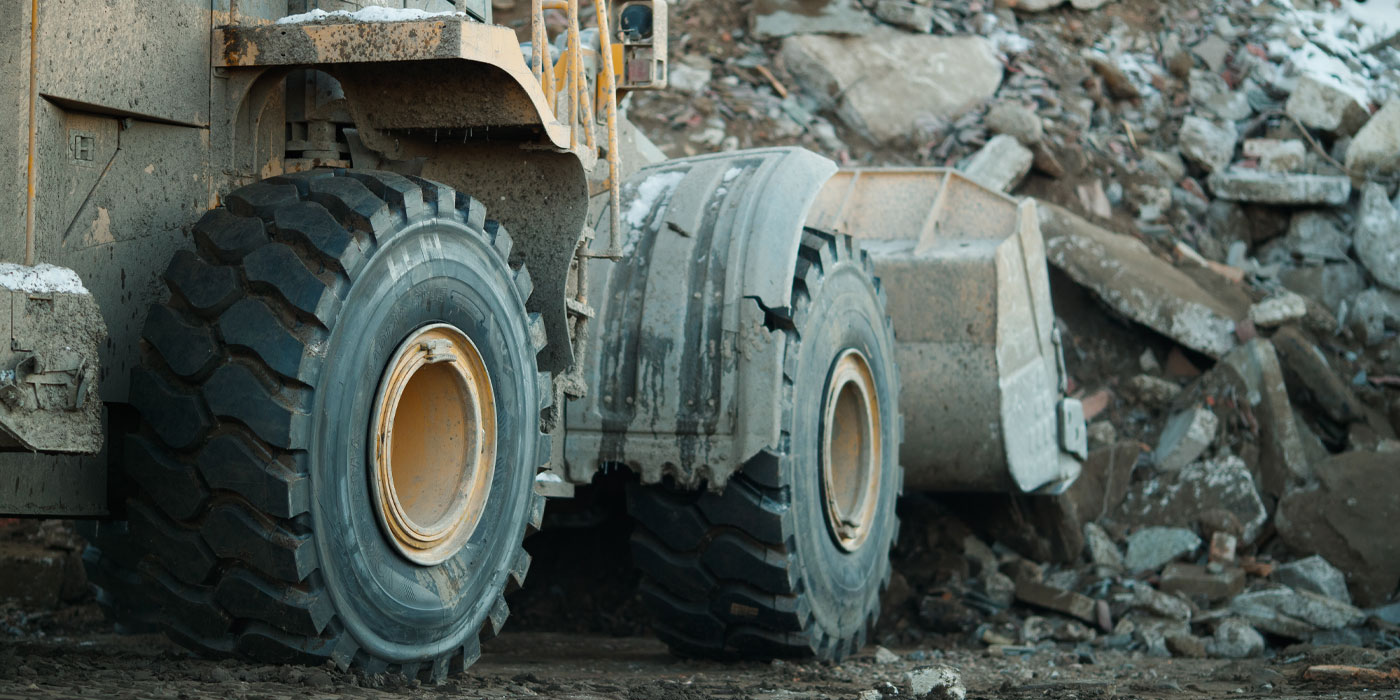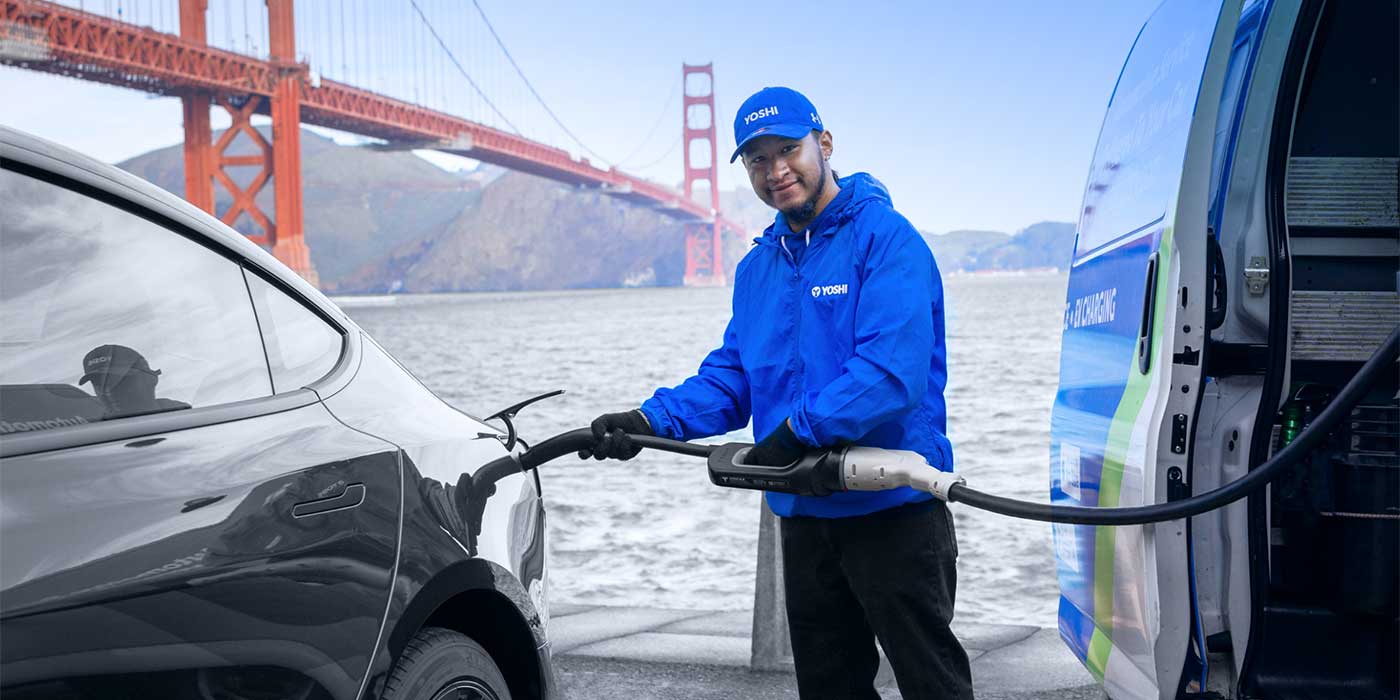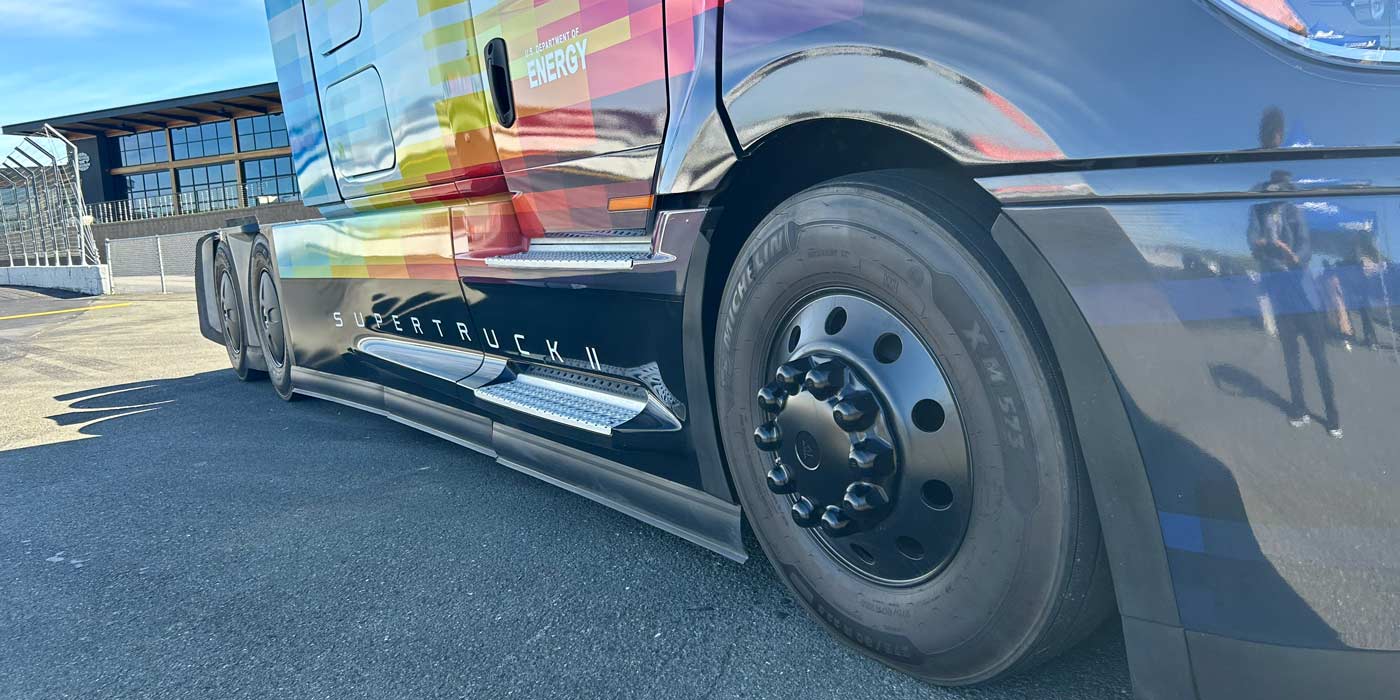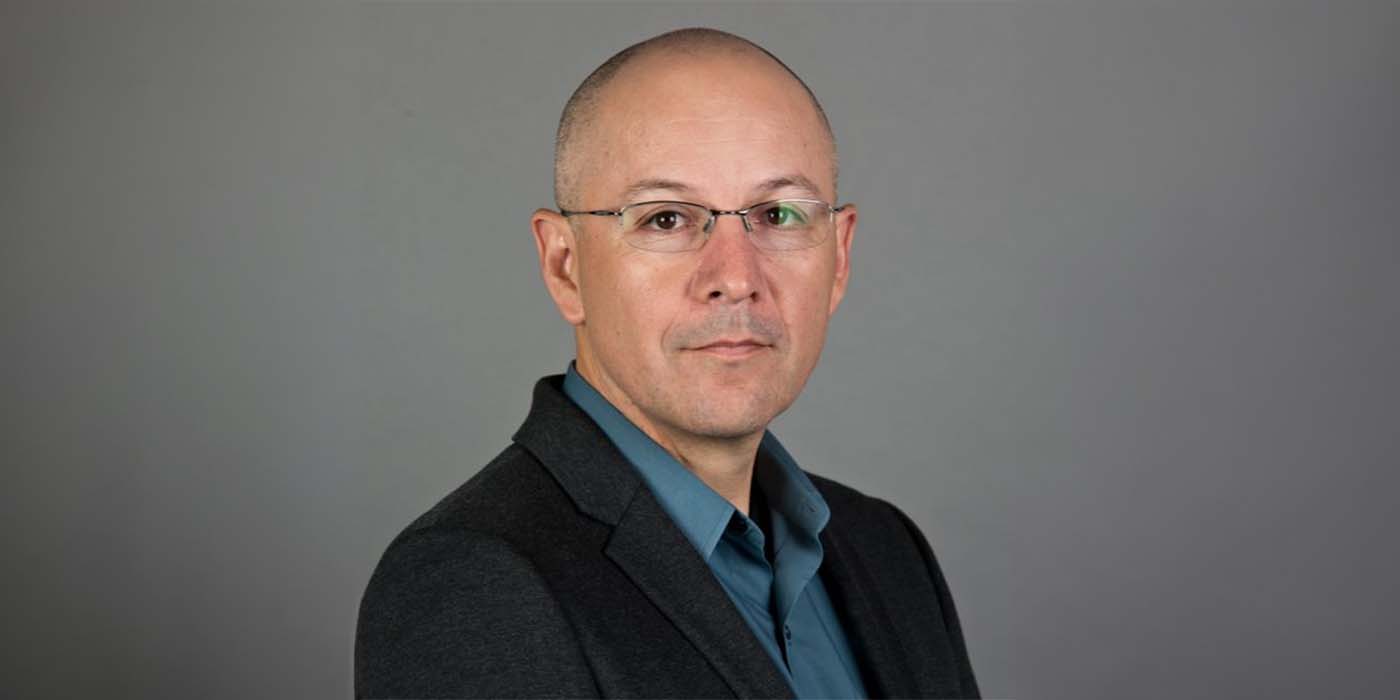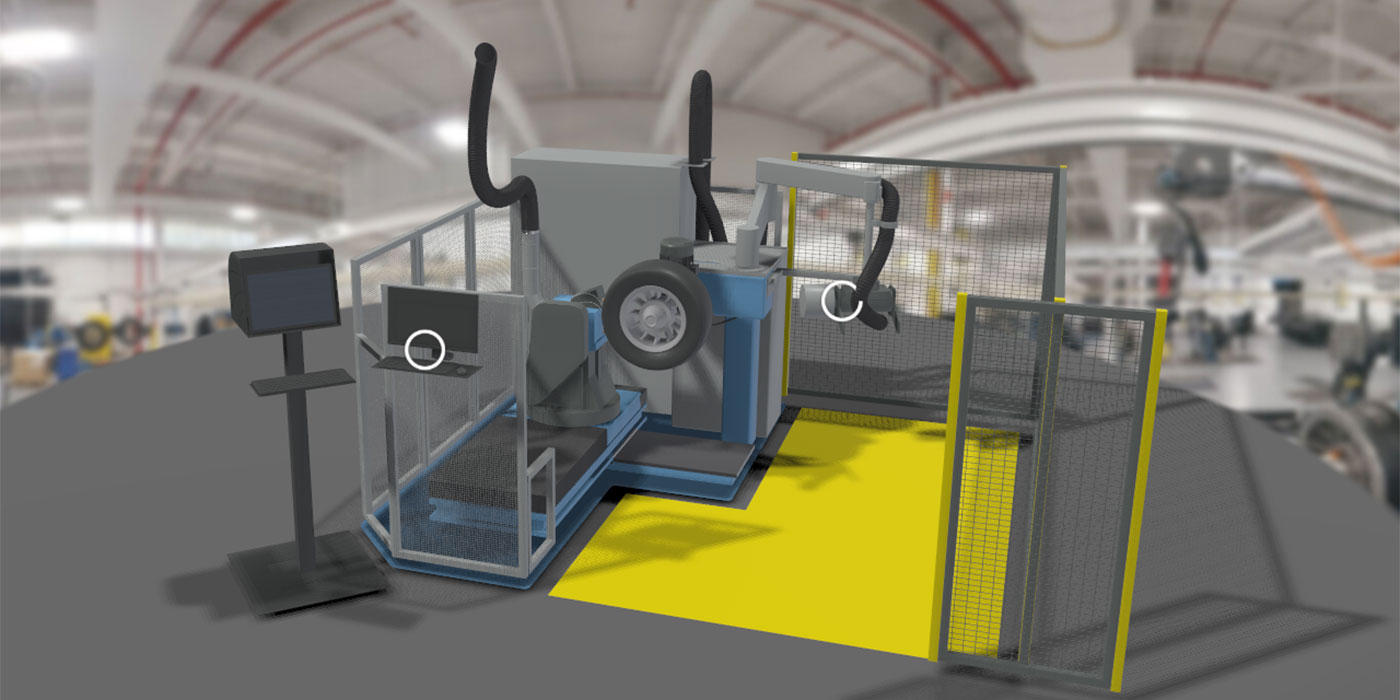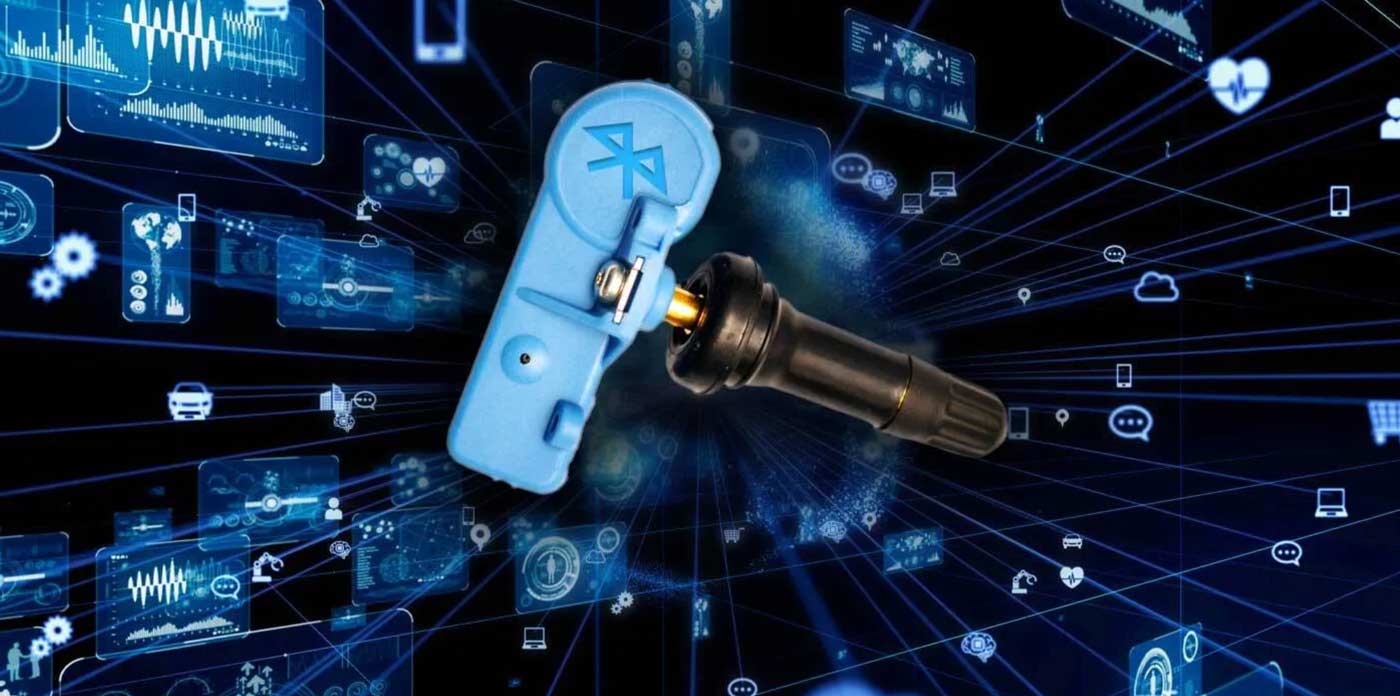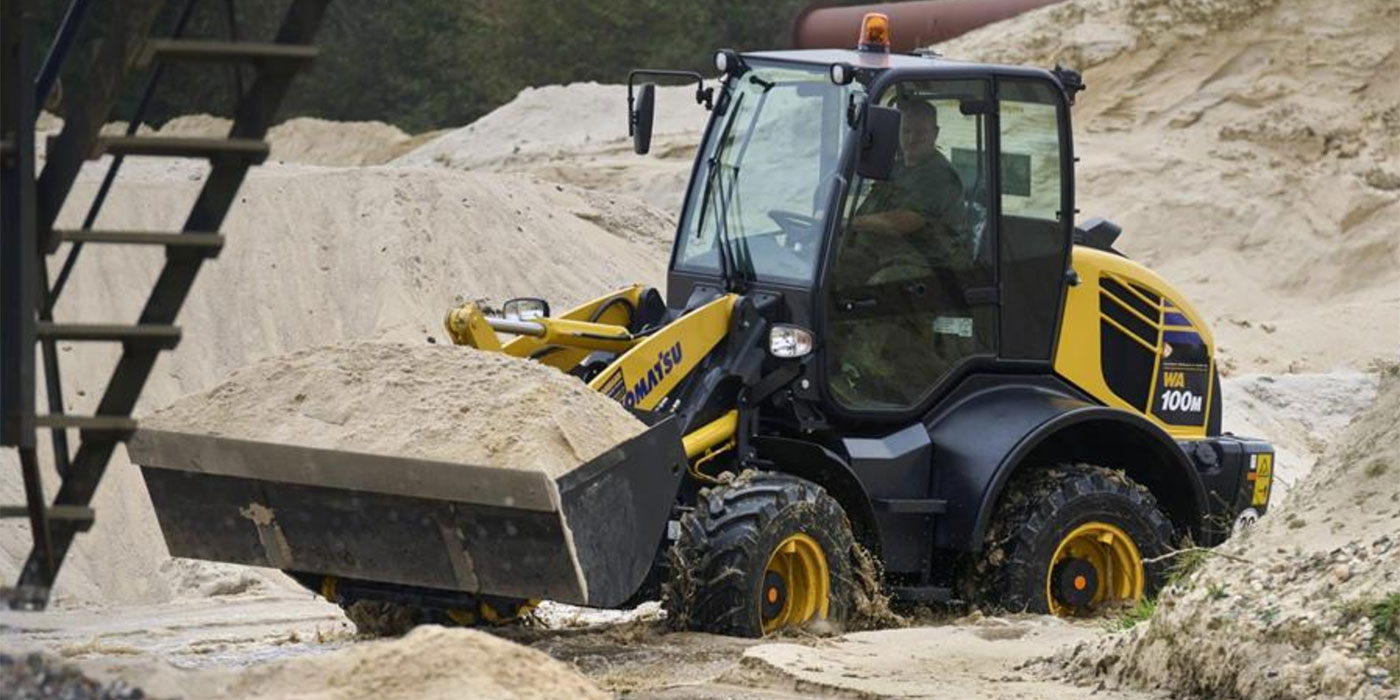Overall, the series was very well done, thanks to the extensive access Koppel and his crew had across China. While occasionally repetitive, the series took a close look at China’s state-driven and lightning-fast economic growth from various angles, including how the country’s single-sighted focus on economic growth impacts everyone from the rich to the poor, trade partners to companies, even those who are trying to catch the gravy train but are falling a few steps short.
For someone fairly unfamiliar with China, the four-hour show offered a solid glimpse at what is happening there. What it is not – best of all – is an exercise in bashing China and blaming it for the loss of industry here and elsewhere in the world.
To be sure, China has a lot of problems, and, as Koppel well pointed out, many of those have taken a back seat to the government’s laser focus on growth. China’s theory – and one certainly established by the histories of Western states – is that the other issues will resolve themselves over time as the massive economic engine continues to churn.
Perhaps, but there can be no doubt that China’s wide-spread government and private-sector corruption, the broadening gap between rich (and I mean filthy rich) and the poor (like those trying to live on $600 per year), its worker safety record, and the worst air, land and water pollution this world has ever seen are far more than little inconveniences that unabashed capitalism will some how disappear.
Friendly reminder: Capitalism didn’t make our environment cleaner, government did.
Politics and government are what they are, so it was a shame that Koppel failed to take the time to fully understand the cultural, logical and psychological support PRC’s government has. Yes it is “communist,” but certainly not the same brand of communism that made our parents and grandparents cringe.
Koppel’s is the same failing many Americans have when we consider other parts of the world: “democracy” is a one-size-fits-all solution. One Chinese businessman was astute enough to call Koppel out when, during a discussion of corruption, he asked: “Don’t you have corrupt politicians and businessmen? Don’t people bribe your inspectors?”
It is easy to forget that China has never, ever had any form of political freedom. Whether ruled by emperors or power-hungry revolutionaries, the Chinese have never enjoyed so much as one second of true political freedom. As a country and society, China – for as ancient as it is – is not mature enough yet to handle the responsibilities attached to the vast freedoms we often take for granted.
And the Chinese get it, even if Koppel didn’t. Unlike the not-so-distant past, today’s Chinese citizen enjoys a great deal of individual freedom, and sees government for what it is. As one young man in Koppel’s report said, “I don’t love my government, but I trust my government.”
On a recent trip to China, I had a lengthy discussion with a local about China’s government and its relationship with citizens. “How would you manage a company with 1.3 billion employees?” Good point. Not an easy task for any one person or any one form of government or even the best run corporation.
If you have comments to share, send to me at [email protected].
– Jim Smith

